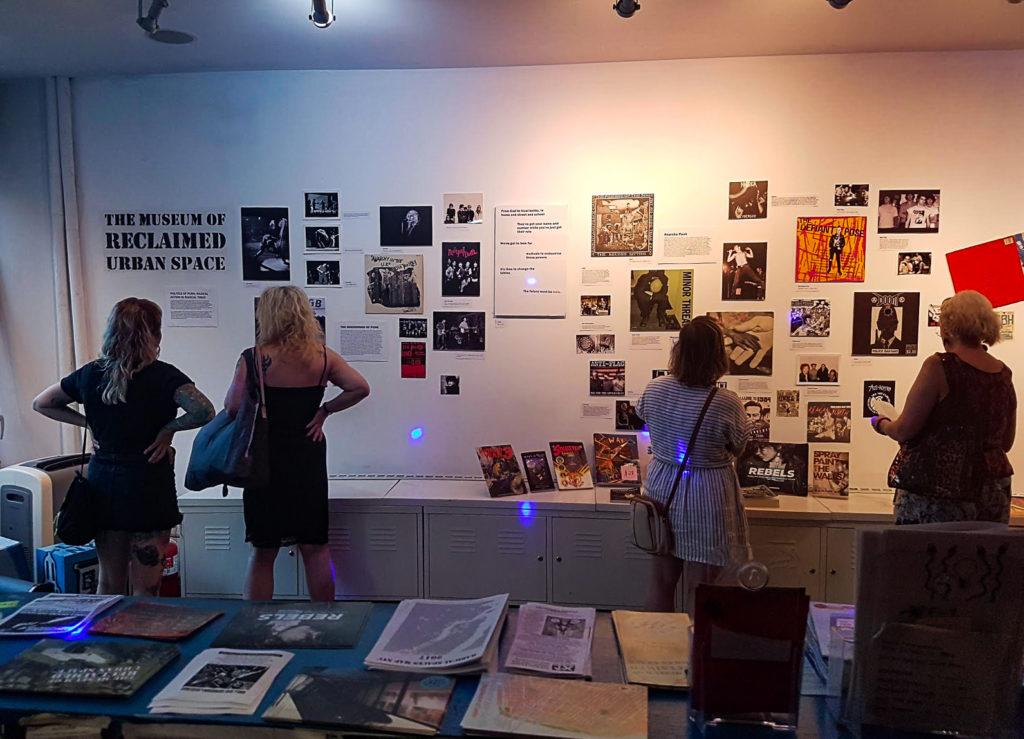This year, the College will continue to offer summer internship funding by application through the CLS, albeit with a decreased budget for the summer of 2019. The shrinkage in this summer’s funding opportunities has more to do with fluctuations in donations and department funds than it does with administrative decisions.
“Funding for summer internships comes from a variety of resources, including departmental budgets (e.g. the CLS, academic departments), program budgets (e.g. Environmental Studies, Rosenfield Program), and donor gifts,” wrote Mark Peltz, dean of the CLS, in an email to The S&B.
“In 2018, the College allocated more than $485,000 to support unpaid and low-paid internships, which was a new all-time high for us. For this upcoming summer, right now it appears we’ll have around $400,000 to support summer internships. There is time to close this gap before the second funding deadline, and I’m hopeful we can do so.”
Time is not up for the CLS to gather the funds, and each dollar will help students who can’t afford to fund their own summer away from home develop their career goals. In an economy that thrives off the unpaid work of interns, it can be particularly difficult for students in the arts, humanities and social sciences to find paid internships.
“Because some industries customarily pay their interns (e.g., technology, business, finance) and others do not (e.g., human services, government, performing arts), we see more funding allocated to supporting student experiences in industries where internships are typically unpaid,” Peltz wrote.
However, the CLS does not in any way prioritize students from certain fields over others.
“It’s all about approaching the grant application as a grant application, taking it seriously, and really taking the time to reflect strategically on what this internship is going to do for you. And then on the interview,” said Rachel Harvith, director of arts, media, and communications in the CLS. Therefore, there is no advantage or disadvantage for students to get funding based on which field they are applying for. The CLS does, however, prioritize giving funding to students with low-income backgrounds or those who cannot afford to do an unpaid internship.
Harvith is enthusiastic about providing resources for students in arts, media and communications fields, and she highly recommends students to come in at any stage in their internship process to talk through their process.
“There’s lots of other resources to find internships, but if you go into GrinnellShare and you go under My Career Community, under Summer Opportunities — whenever I have a spare moment I work to build this out. Whenever I find out things about places that always offer summer opportunities in arts, in media, in communications. And I’m trying to prioritize opportunities that pay something, or the organization is so big that it would make a huge impact on this student’s career.”
The CLS internship funding application is available through Grinnell Share. Some grants, like the Rosenfield Grant or the Open Research Grant, are due on March 10. Others, like the Noyce/Intel Grant or the Arts & Museum Administration Grant are due April 14.
With all of this information, it is crucial to consider that an internship’s value comes from your own passions. Harvith advises to look into opportunities with organizations of interest that may not have official internship roles.
“That’s part of this equation too, is that I want students to really understand that they’re not screwed if they don’t have the word ‘internship’ after every single summer,” she said. “It’s not about what the title is. It’s about the skills that you bring and the organizations you’ve been involved with regardless of whatever the title is. So don’t take an internship unless you’re absolutely in love with what you’re going to be doing.”

*Disclaimer: Tommy O’Donnell is the Sports editor for the S&B
Photo Contributed



















































